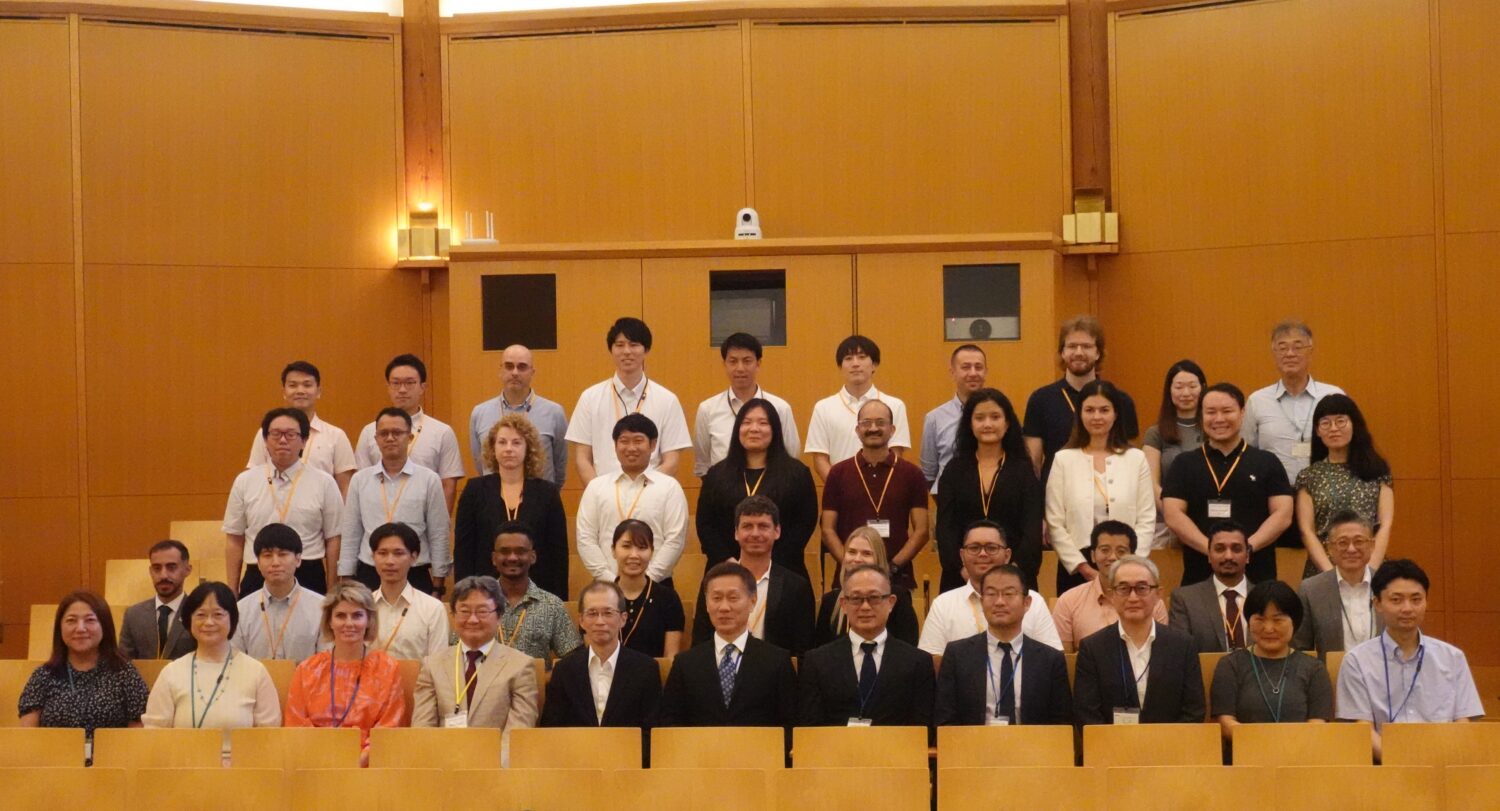As for basic targets, the Basic Concept describes the need to use nuclear energy in an appropriate manner by thoroughly managing risk under a responsible system. In citing the need to obtain public confidence in the peaceful uses of nuclear power—based on the fundamental assumption of safety—it also clearly states the importance of fully recognizing the benefits that nuclear technology brings to the environment, people’s lives and the economy, and not only its costs.
In light of that, eight priority activities were outlined in the Basic Concept, along with a detailed direction for each, as follows:
- Continued improvements to safety, with the recognition of non-zero risk
- Nuclear energy use from the perspective of global warming and its effect on people’s lives and the economy.
- Domestic and global activities in light of international trends.
- Ensuring the peaceful use of nuclear power, nonproliferation and nuclear security.
- Restoring confidence among the public: the premise for nuclear energy use.
- Responding to decommissioning needs and dealing with radioactive waste.
- Increasing use of radiation and radioactive isotopes
- Solidifying the foundation for using nuclear energy.
In anticipation of the Basic Concept’s issuance, JAEC had started hearings among experts and specialists as early as two years ago, while also engaging in other opinion exchanges. In April 2017, it formulated a draft concept that was open to the public for comments, with 728 finally received. On July 18, JAEC met to discuss the comments, and on July 20, it deemed the draft final.
The last time that the JAEC had decided on a keynote policy was a dozen years ago, in 2005, when it issued the Fundamental Principles for the Nuclear Policy Program. From now on, it now intends to review and revise the policy every five years to keep up with changes in the environment surrounding nuclear energy.
In a briefing after the commission’s decision on July 20, JAEC Chairman Yoshiaki Oka talked about ways to materialize the policies incorporated in the Basic Concept. After the Cabinet approves it, Oka said (speaking one day prior to the approval), each minister and agency was to recognize it and do its work accordingly, assuming their respective responsibilities.
JAEC will establish a platform where organizations in different fields, including those having much experience with light water reactors, as well as others engaged in the utilization of radiation, will be able to exchange information toward strengthening their cooperation.
As for the restart of Japan’s nuclear power plants, the chairman strongly urged that examples from the United States be referred to. The regulatory authority in that country has worked on improvements to voluntary safety efforts by operators, as well as regulatory improvements, allowing the simultaneous achievement of nuclear power safety and economy.
The JAEC secretariat is currently preparing an English version of the Basic Concept, believing it important for Japan to expand the presentation of its nuclear nonproliferation policy to the international community.










